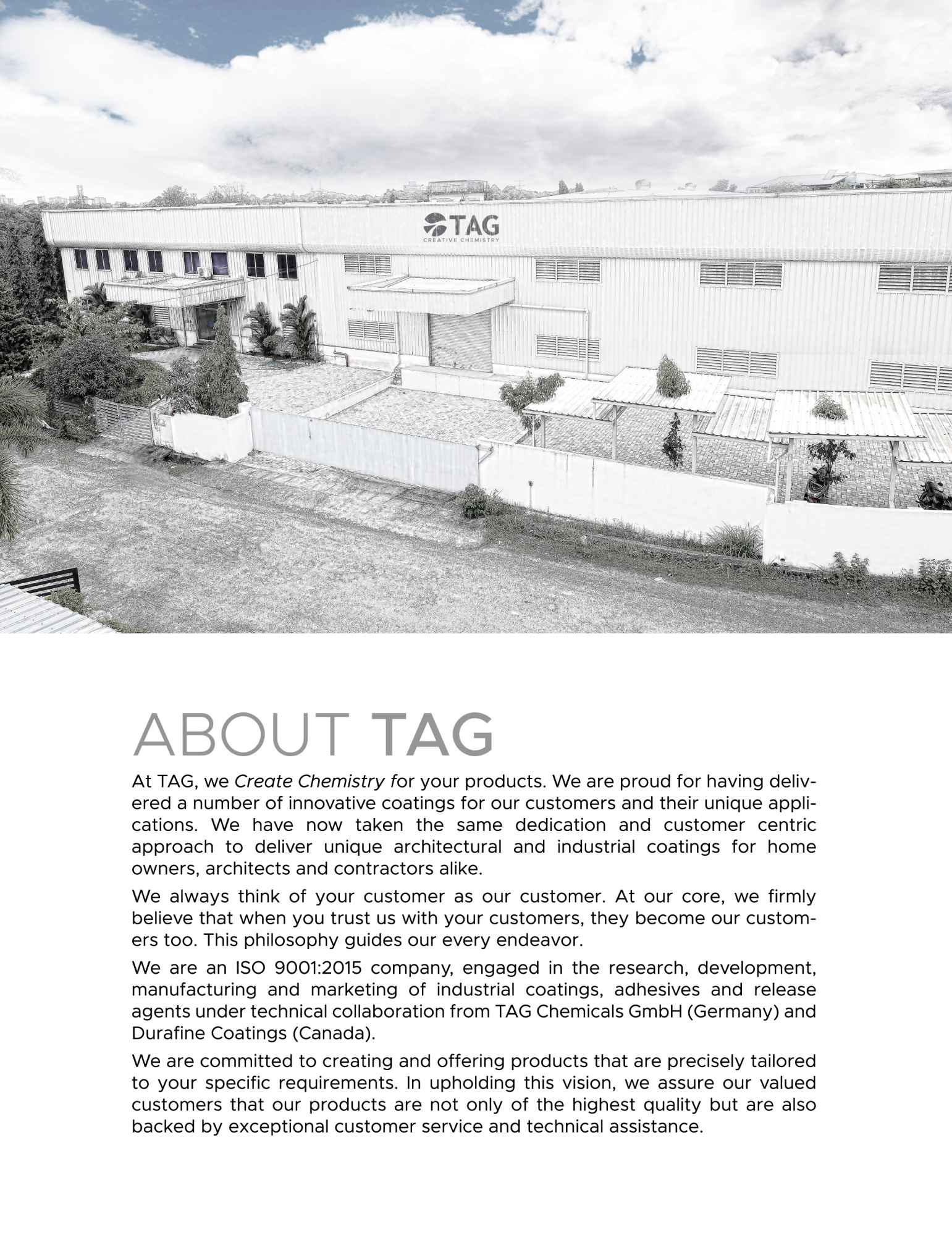
Editorial June 2020
- June 24, 2020
- 0
On 3 June last, the Modi government announced three historic steps that have the potential to dramatically transform India.
First, the decision to amend the Essential Commodities Act 1955 which would free the prices of grains, pulses, oilseeds, edible oils, onions and potatoes from the storage limit barring natural calamities like famine.
Second, farmers will have complete freedom to sell their produce to anyone and anywhere in the country. Under the existing laws, farmers can sell their produce only to licensed traders in Agricultural Produce Marketing Committees (APMC) mandis.
Thirdly, allowing farmers to do contract farming so that farmers will be able to gain access to capital and technology in alliances with wholesalers, aggregators, large retail traders, exporters.
We can convert all our shortcomings into one opportunity. Our farms are small in size but with the help of technology we can add them. There is no reason to prevent Indian farmers from becoming world-class if they have the right inputs. The only drawback is the distribution. We have a chance to ride the new wave of direct delivery logistics. everyone should be able to have a relationship with the market economy. If you produce something, you should also be able to sell it at a market price. ‘
Overall this is a very optimistic situation to have a co operative system. Amul is a very successful example, where both are beneficial.
If a co operative system come in to existence with the mutual understanding of Government, Farmers and Industrialists, it will be a booster for the Industrialists.
Suresh Bahety
9896436666
मोदी सरकार ने गत 3 जून को तीन ऐतिहासिक कदमों की घोषणा की जिनमें बहुत तेजी से भारत का नाटकीय कायाकल्प करने की क्षमता है।
पहला, आवश्यक वस्तु अधिनियम 1955 में संशोधन करने का फैसला जिससे अनाज, दाल, तिलहन, खाद्य तेल, प्याज और आलू की कीमतें अकाल जैसी प्राकृतिक आपदा को छोड़कर भंडारण सीमा से मुक्त हो जाएंगी।
दूसरा, किसानों को अपनी उपज देश में कहीं भी और किसी को भी बेचने की पूरी छूट होगी। मौजूदा कानूनों के तहत किसान केवल कृषि उत्पाद विपणन समितियों (एपीएमसी) मंडियों में लाइसेंसधारक कारोबारियों को ही अपनी उपज बेच सकते हैं।
तीसरा, किसानों को अनुबंध पर खेती की अनुमति देना जिससे किसान थोक विक्रेताओं, एग्रीगेटरों, बड़े खुदरा कारोबारियों, निर्यातकों के साथ गठजोड़ कर पूंजी एवं तकनीक तक पहुंच हासिल कर पाएंगे।
हम अपनी सारी खामियों को एक अवसर में तब्दील कर सकते हैं। हमारे खेत छोटे आकार के हैं लेकिन तकनीक की मदद से हम उन्हें जोड़ सकते हैं। सही इनपुट होने पर भारतीय किसानों को विश्व-स्तरीय होने से रोकने वाली कोई वजह नहीं है। कमी सिर्फ वितरण की है। हमारे पास सीधे वितरण लॉजिस्टिक की नई लहर पर सवार होने का मौका है। हरेक को बाजार अर्थव्यवस्था से रिश्ता कायम करने लायक होना चाहिए। अगर आप कुछ पैदा करते हैं तो आपको उसे एक बाजार भाव पर बेचने में भी सक्षम होना चाहिए।’
यह सब भारत में एक को ओपरेटिभ व्यवस्था शुरू करने का बहुत अच्छा और महत्त्वपूर्ण अवसर है।अमुल हमारे सामने एक सुंदर और बेहतरीन उदाहरण है। जिसमें दोनों ही पक्षों को बराबर का फायदा होता है।
अगर सरकार, किसानों और उद्योगपतियों के सहयोग से ऐसी co-operative society बनती है तो सभी के लिए सुखद अनुभव होगा।
Suresh Bahety
9896436666

































































